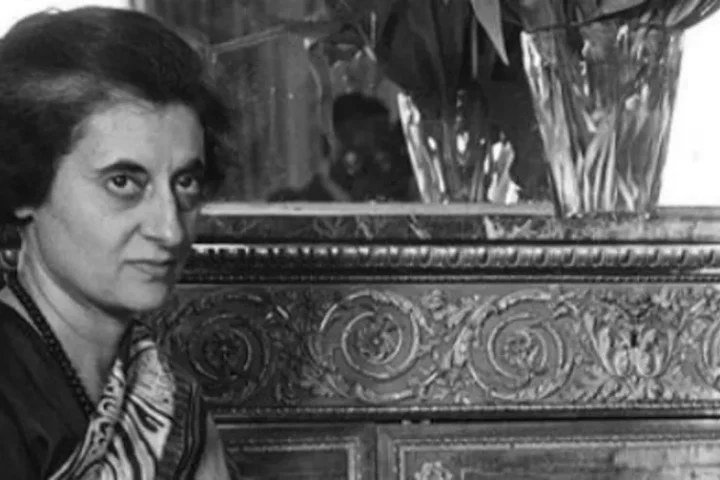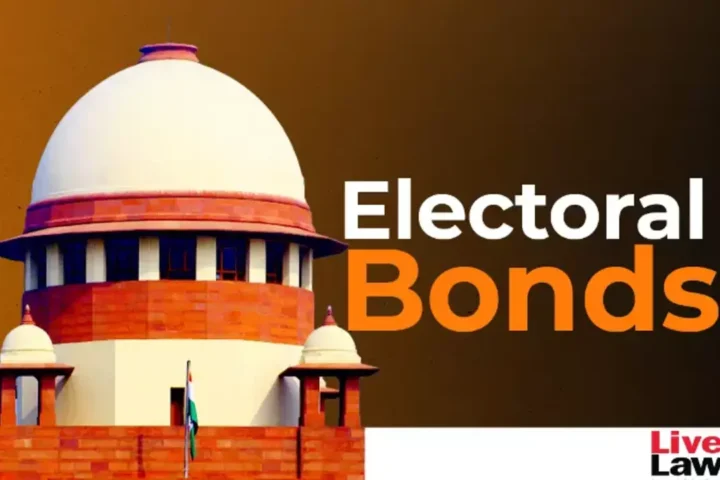In recent years, the Indian Parliament has been marred by constant disruptions, adjournments, and chaos, leaving little room for productive legislative activity. This troubling trend has deeper roots, dating back over the last five decades, with a significant decline in the number of parliamentary sittings.
Historical Perspective
The decline in parliamentary functioning began in the 1960s and has continued unabated. Today, the number of sittings has halved since that era, reflecting a disturbing trend of dwindling legislative engagement.
Recent Incidents
The Women’s Reservation Bill, a crucial piece of legislation, became a battleground for political face-offs between the Congress and the BJP. While the demand for the bill’s immediate implementation came to the forefront, the issue of reservation for Other Backward Classes (OBCs) was also raised. However, it is essential to question whether these debates genuinely serve the public interest or are simply political posturing.
Similarly, disruptive issues have repeatedly taken center stage just before the commencement of Parliament sessions. The Pegasus snooping controversy, which erupted just a day before the Monsoon Session in 2021, exemplifies this pattern. Such incidents not only disrupt parliamentary proceedings but also raise doubts about their timing and intent.
The Adani-Hindenburg report, released ahead of the Budget session in 2023, added fuel to the fire, leading to disruptions in both Houses of Parliament. The pattern of adjournments and disruptions continued in the Winter Session of 2022, further eroding the effectiveness of parliamentary democracy.
The Consequences
New MPs, like former cricketer Harbhajan Singh, express disappointment at witnessing repeated adjournments and a lack of substantive discussions. This cycle of protests and sloganeering undermines the very purpose of parliamentary sessions.
A Call for Change
Veteran politicians and observers, such as S.P. Mallik, acknowledge that this disruption trend has persisted for far too long. Both the government and the opposition must take responsibility for finding solutions. Civil society also has a role to play, from informed voting to advocating for a more productive Parliament.
To sum it up, the chronic disruption and chaos in the Indian Parliament demand immediate attention. It’s high time that the country’s elected representatives prioritize productive legislative activity over political theatrics, ensuring that the institution regains its rightful stature as the cornerstone of Indian democracy.







